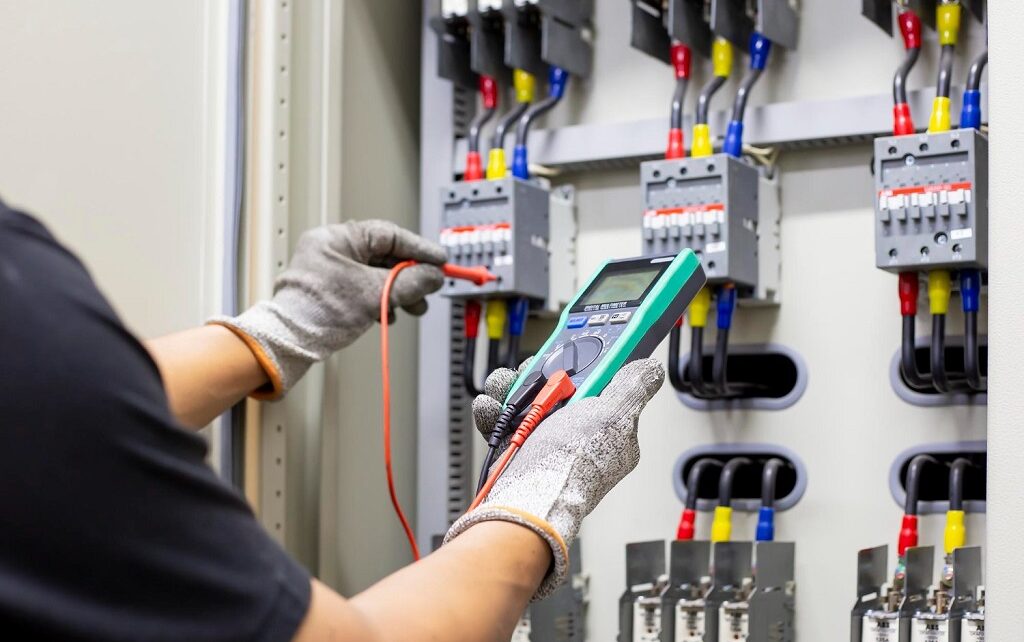Whether you’re a seasoned electrician or just trying to impress your friends with your “master of switches” skills, this guide will give you everything you need to know about choosing the right electrical control provider. Take into account elements like quality, experience, customizability, and more.
Quality
Your company’s operations can be significantly impacted by the quality of the electrical controls you choose for your systems and equipment, significantly when minimizing downtime and service interruptions. To make sure that the electrical control panel supplier you have selected offers high-quality solutions that are specifically adapted to your needs, it is imperative that you carry out extensive research, evaluate bids, visit facilities, and obtain references.
Remember, what constitutes a ‘quality’ product is not based on how hard it is to make or how much it costs – quality is based on the value it brings to your stakeholders and customers. In short, the only thing that matters regarding quality is what you get from the experience and what you are willing to pay for it. That’s why choosing a UL-certified electric equipment manufacturer that understands your unique requirements and delivers the best quality products is essential.
Reputation
Online reviews significantly impact customer perceptions, and electrical businesses must prioritize genuine feedback. However, unethical ORM practices harm the electrical industry market by distorting consumer opinions and skewing ratings.
Electrical companies may demonstrate their knowledge and gain the trust of potential consumers by maintaining a solid online reputation. It also helps them differentiate themselves from competitors. Effective ORM strategies include monitoring online feedback, encouraging positive reviews, and promptly responding to negative reviews.
In addition, encouraging constructive feedback and establishing transparency is essential for maintaining an ethical reputation. Empowering consumers to make informed decisions is the best way to uphold the integrity of the electrical industry. In the long run, a trusted and credible reputation will translate into business growth and customer loyalty.
Experience
Choosing an electrical contractor with extensive experience in various market sectors provides a depth and breadth of knowledge that can significantly benefit your project. This experience also helps professional electricians think outside the box and recommend alternative approaches to save time, money, and headaches.
UL certification is another important consideration. The UL (Underwriters Laboratories) is an independent, not-for-profit organization that tests products and parts throughout the electrical industry. Choosing a UL-certified manufacturer can ensure that your control panel meets high safety standards and will provide you with peace of mind.
Lastly, employers often ask questions that gauge your ability to train others on the operation of complex systems. This question evaluates your ability to break down complex concepts into easily digestible information non-engineers can understand, a critical skill for many Electrical Control Engineers.
Flexibility
As electricity system operators move to integrate more variable renewable energy sources, the power supply must also be flexible. This flexibility will reduce the need for grid extensions and new large power plants and avoid costly outages due to peak demand.
Flexibility can be achieved through demand-side solutions, as well as from new battery technologies and local energy storage markets. It can also be acquired from conventional power plants, which could become more flexible through improved operational and technical practices and lower minimum generation requirements.
Moreover, local flexibility markets can allow energy customers to be paid to shift their load to low-price periods and help reduce fuel poverty. This is especially important given that much of the current innovation around energy flexibility focuses on electric vehicles, which exclude many of the poorest households.
Pricing
Pricing is among the most important factors when choosing an electrical control supplier. With a thorough understanding of the pricing mechanisms employed by suppliers, you can make more informed choices about your energy consumption and reduce overall costs.
Tiered pricing: A pricing structure where prices decrease as order quantities increase. This pricing strategy encourages upsells and provides budget flexibility by matching purchasing patterns with supply chain demand.
Fixed-rate pricing: Offers a set price for energy consumption over a defined period, regardless of market fluctuations. This pricing model is ideal for individuals shifting their high-energy consumption activities to off-peak hours to maximize savings.
Deciphering price tags and gaining an in-depth understanding of pricing structures empowers consumers to choose the best electrical supplies for their needs and requirements. Identifying suitable options can help maximize project efficiency and ensure long-term cost efficiency.




